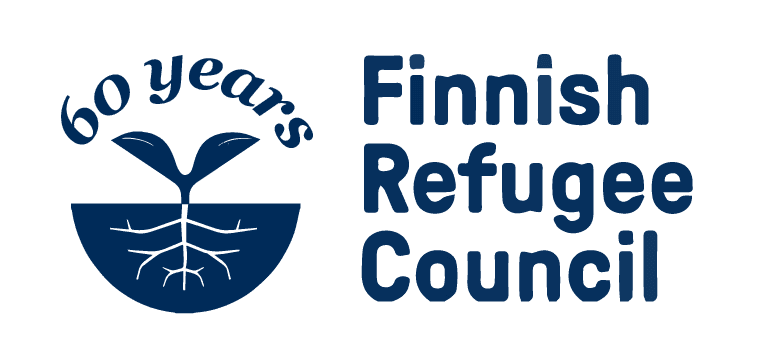The Financial Literacy project in Uganda, which began in early 2021, is now in full swing. Financial Literacy Trainings (FLT) provides participants with basic skills in cash management, saving and spending during a short-course. The training will improve participants ’ability to manage Cash-based transfers from the World Food Program (WFP). WFP is the official funder and partner of the project. Financial Literacy Training has proved to be welcome and necessary, and the students have been highly motivated and eager to learn new skills.
Financial Literacy Training has been particularly important for women, who are often responsible for caring for their family. About 200 savings groups have been set up by the participants themselves, and most of the active groups are led by women. This encourages even more women to participate in savings groups, and thereby learn new skills and empower themselves. According to the feedback, learning is practical and tied to everyday life. The learning groups have encouraged several women to save money for the future or start a new small business.
WFP’s transition to Cash-based transfers and differing views on the use of the minimal household’s resources could increase conflicts over spending in families. Managing family finances is causing tension in homes especially where men tend to take full control on finances. These problems within families are encouraged to be resolved peacefully by encouraging negotiation and dialogue. The project advocates for collective household budgeting, saving and setting financial goals.
Alongside the COVID-19, the challenge of the project has been the issues of illiteracy and numeracy of many students. This directly limits the participants, especially women, opportunity to adopt the desired ways to improve on their household financial management. However, several students with low literacy and numeracy are interested in participating in adult education provided by Finnish Refugee Council.
An estimated 140,000 households across Uganda will benefit from the Finnish Refugee Council and WFP’s joint project.
Read more about the Uganda’s Financial Literacy Project.
Read more about our work and other current projects in Uganda.


